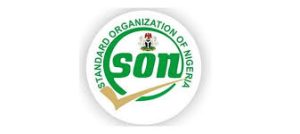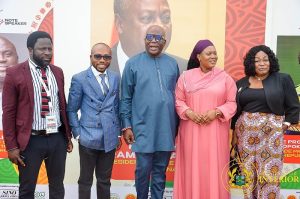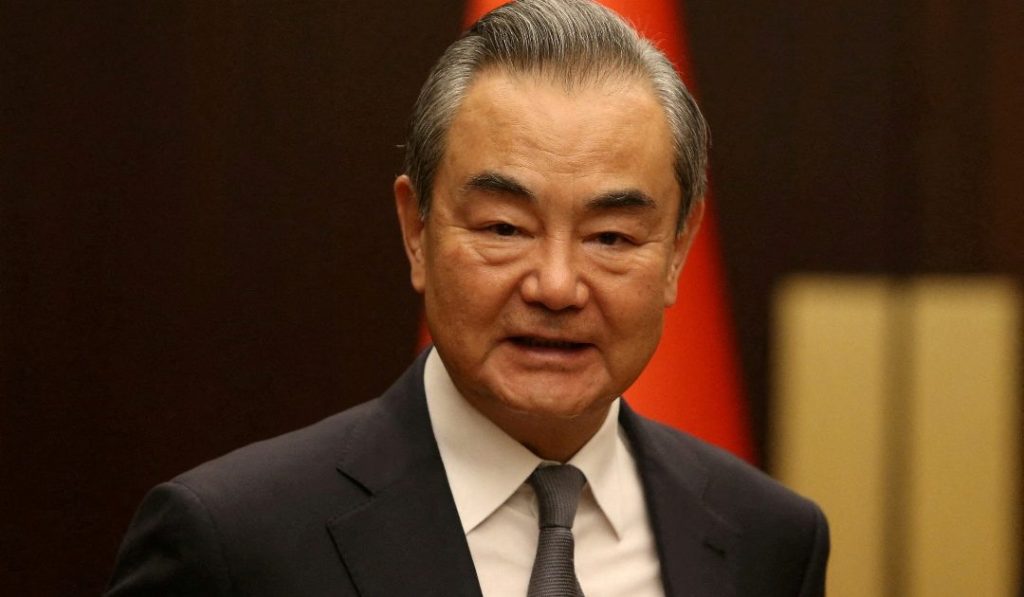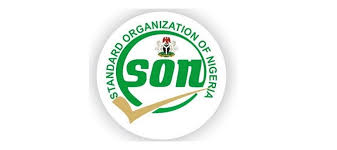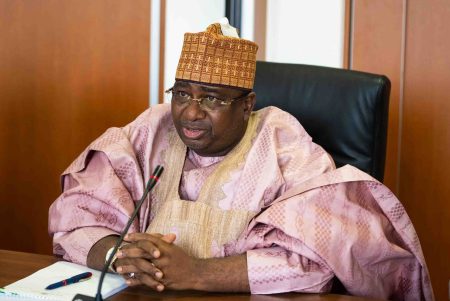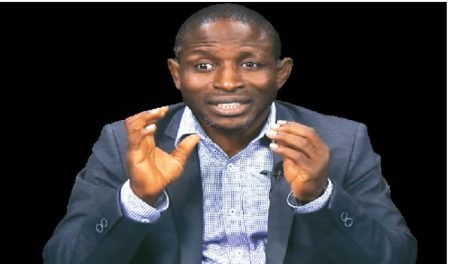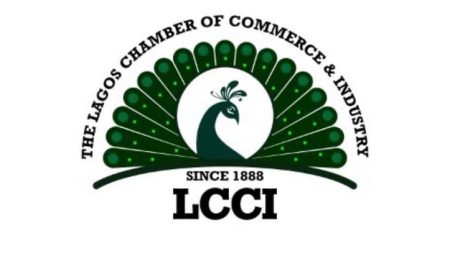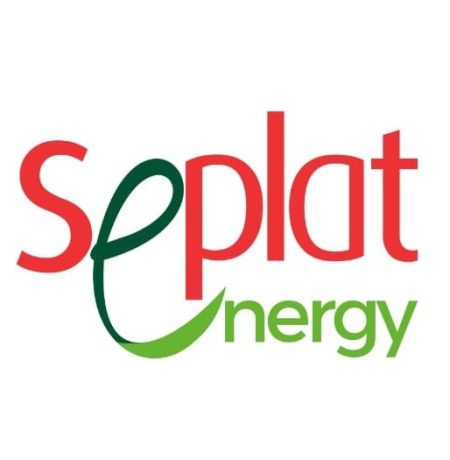Wang Yi, China’s top diplomat, embarks on a crucial European tour, aiming to bolster relationships amidst existing strains and ahead of a significant summit marking 50 years of diplomatic ties between China and the European Union. This diplomatic foray underscores China’s strategic imperative to cultivate stronger ties with Europe, viewing the bloc as a vital counterbalance to the United States, particularly within the context of escalating geopolitical tensions. Wang’s itinerary encompasses stops in Brussels, France, and Germany, where he will engage in high-level discussions on a spectrum of issues, including trade, security, and the evolving international landscape. Beijing’s rhetoric emphasizes countering “unilateralism, protectionism, and bullying behaviour,” a veiled critique of US foreign policy, while simultaneously highlighting the potential for China-Europe cooperation to inject “certainty, stability, and positive energy” into a world grappling with numerous challenges.
The backdrop of Wang’s visit is marked by a complex web of trade disputes and geopolitical tensions. While both China and the EU acknowledge the mutual benefits of a strong economic partnership, disagreements persist on issues such as market access, intellectual property rights, and the significant trade imbalance. Recent trade skirmishes involving electric vehicle tariffs and restrictions on medical device procurement highlight the fragility of the economic relationship. China’s retaliation with tariffs on French cognac, while now reportedly resolved pending formal approval, underscores the interconnectedness of these trade disputes and the delicate balancing act required to navigate them. Furthermore, the EU’s recent ban on Chinese firms from government medical device purchases, citing reciprocal market access limitations, adds another layer of complexity to the discussions. China’s accusations of “double standards” in response to this ban reflect the deep-seated differences in perspectives on trade practices.
The contentious issue of rare earths further complicates the relationship. China’s dominance in the production and refining of these critical materials, essential for various technologies including electric vehicle batteries, provides it with significant leverage. The recently imposed licensing requirements for rare earth exports have sparked concern among European industries, prompting discussions on establishing a “green channel” to facilitate smoother trade. This measure, proposed by China’s commerce ministry, indicates a willingness to address concerns but also highlights the strategic importance of rare earths in the broader economic and geopolitical landscape. The timing of Wang’s visit, coinciding with these ongoing negotiations, underscores the importance of these discussions in the overall framework of China-EU relations.
Wang’s meetings in Brussels, Paris, and Berlin are strategically significant. His dialogue with EU counterpart Kaja Kallas is expected to address the broader strategic alignment between China and the EU, encompassing areas beyond trade. In Germany, his talks with Foreign Minister Johann Wadephul will focus on security and diplomacy, marking the first high-level diplomatic engagement since Germany’s new government took office. These discussions are crucial for recalibrating the bilateral relationship and finding common ground amidst differing approaches to global challenges. Similarly, in France, the meeting with Jean-Noel Barrot, who recently visited China, provides an opportunity to build on existing dialogues and address concerns related to trade and broader geopolitical issues.
The upcoming China-EU summit, commemorating 50 years of diplomatic relations, looms large over Wang’s trip. This milestone event provides a platform for both sides to reaffirm their commitment to engagement, despite the existing challenges. Wang’s discussions during this European tour will undoubtedly lay the groundwork for the summit’s agenda, focusing on areas of potential cooperation while acknowledging the need to address persistent disagreements. The summit offers an opportunity to reset the relationship, establish a more balanced and mutually beneficial framework for future cooperation, and navigate the complexities of a rapidly evolving global landscape.
The success of Wang’s diplomatic mission hinges on the ability to bridge the gap between rhetoric and concrete action. While emphasizing the importance of multilateralism and opposing protectionism are crucial talking points, tangible progress on trade disputes and addressing European concerns about market access and fair competition will be vital for rebuilding trust. China’s proposal to establish a “green channel” for rare earth exports to the EU represents a potential olive branch, but the details and implementation of such a mechanism will be closely scrutinized. Ultimately, the success of this diplomatic effort will be measured by the tangible outcomes achieved in addressing the complex web of economic and geopolitical issues that currently strain China-EU relations.


